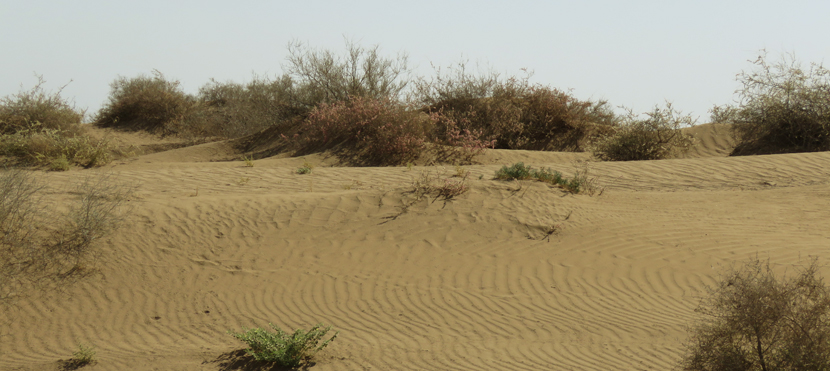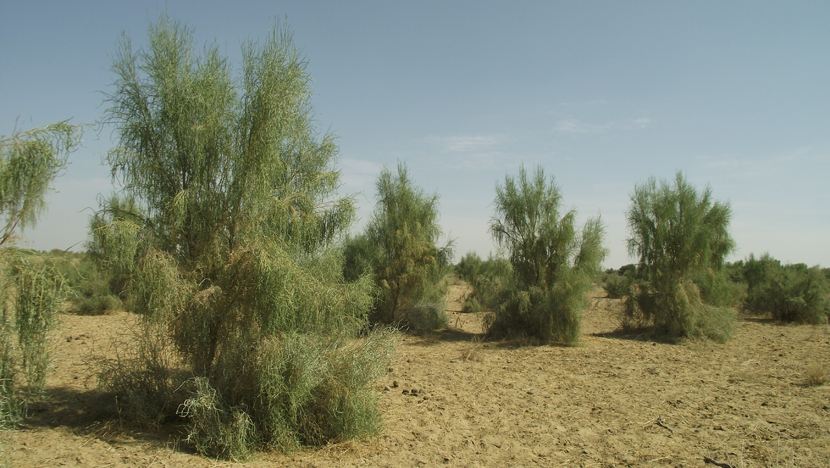The Central Asian Desert Initiative (CADI) has launched its First Call for Abstracts on 01 July2021. This call aims to foster international collaboration in raising awareness of the importance of cold winter desert ecosystems.
Successful applicants will have an opportunity to present their research paper during the Conference or display their research outcomes at the poster session organized within the CWD Conference in December 2021. Selected abstracts will be published as a collection, and full papers be included in conference proceedings.
Deadline for submission of abstracts is 15 August 2021.
Selected abstracts will be announced not later than 15 September 2021. Authors will be requested to submit full papers by 15 October 2021.
Background
The cold winter – also referred to as temperate – deserts are nature regions featuring unique ecosystems and species, spreading from northern Iran across Central Asia to Mongolia. Despite their ecological importance, temperate deserts are, according to a study by the International Union for Conservation of Nature (IUCN), one of the least recognized biomes worldwide.
95% of the temperate deserts are located in Central Asia – hence this region carries a high responsibility for the preservation of this biome. Against this background, the Central Asian Desert Initiative (CADI) aims at preserving biological diversity and the conservation and sustainable use of cold winter deserts in Central Asia.
CADI is jointly implemented by the University of Greifswald (Germany), the Michael Succow Foundation (Greifswald, Germany) and the Food and Agriculture Organization of the United Nations (FAO), Sub-regional Office for Central Asia (Ankara, Turkey). This project is part of the International Climate Initiative (IKI). The Federal Ministry for the Environment, Nature Conservation and Nuclear Safety (BMU) supports this initiative on the basis of a decision adopted by the German Bundestag.
Submission guidelines
Applicants are invited to submit abstracts in the scope of the following thematic areas, butare not limited to these themes strictly
1. Biodiversity and ecosystem protection
2. Transboundary migration of species in cold winter desert regions
3. Protected areas
4. Human security – improvement of livelihoods of local communities, infrastructure development, creation of new employment opportunities to make the villages in the deserts attractive for living.
5. Climate change and combating desertification
6. Integrated Natural Resource Management (INRM) including sustainable land and pasture management (SLM) in CWDs
7. Saxaul (Haloxylon ssp.) desert forests
8. Best practices on data collection, management, and dissemination
9. Water resources in desert areas and sustainable use of water (including traditional knowledge)
10. The role of alternative renewable energy in desert areas
11. Prospects for the development of agriculture in desert
12. Any other topic relevant to CWD ecosystems
Abstracts should be written in either English or Russian languages and not exceed 500 words.The selection committee reserves the right to reject a submission, if it does not follow the guidelines above.
Proposals must be submitted by email to Nargizakhon Khujaeva (Ms.)
Nargizakhon.Khujaeva@fao.org
titled “Application for CWD Conference”.
Support for Applicants
Potential applicants are invited to submit any requests for clarification in writing to
Nargizakhon.Khujaeva@fao.org
by 10 July 2021.


Leave a Reply